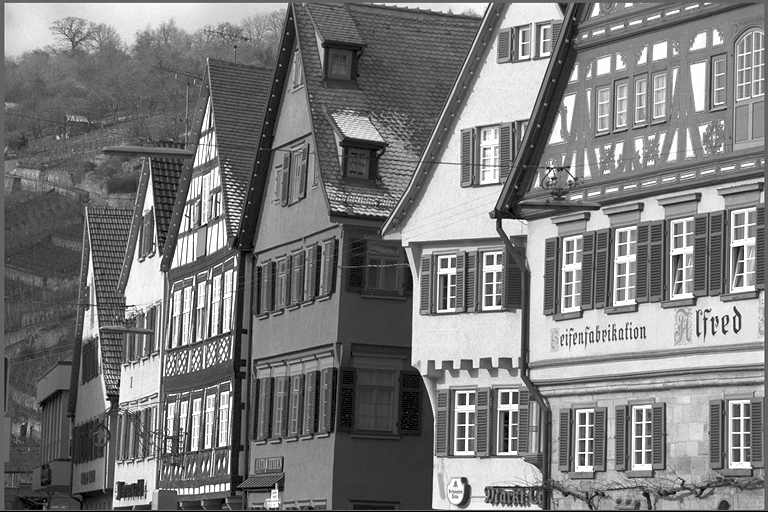Overview
Box Filter is a low-pass filter that smooths the image by making each output pixel the average of the surrounding ones, removing details, noise and and edges from images.
| Input | Window size | Output |
|---|---|---|
 | 5x5 |  |
C API functions
For list of limitations, constraints and backends that implements the algorithm, consult reference documentation of the following functions:
| Function | Description |
|---|---|
| vpiSubmitBoxFilter | Runs a 2D box filter over an image. |
Implementation
The Box filter is implemented as a convolution operation on the input image using the following kernel:
\[ box_{m,n} = \frac{1}{mn} \begin{bmatrix} 1 & 1 & \dots & 1 \\ 1 & 1 & \dots & 1 \\ \vdots & \vdots & \ddots & \vdots \\ 1 & 1 & \dots & 1 \end{bmatrix}_{m \times n} \]
Usage
Language:- Import VPI module import vpi
- Use the CUDA backend to filter input image with a 5x5 box kernel, using ZERO boundary condition. Input and output are VPI images. with vpi.Backend.CUDA:output = input.box_filter(5, border=vpi.Border.ZERO)
- Initialization phase
- Include the header that defines the box filter function. #include <vpi/algo/BoxFilter.h>Declares functions that implement the Box Filter algorithm.
- Define the input image object. VPIImage input = /*...*/;
- Create the output image. It gets its dimensions and format from the input image. int32_t w, h;vpiImageGetSize(input, &w, &h);VPIImageFormat type;vpiImageGetFormat(input, &type);VPIImage output;vpiImageCreate(w, h, type, 0, &output);VPIStatus vpiImageGetFormat(VPIImage img, VPIImageFormat *format)Get the image format.VPIStatus vpiImageCreate(int32_t width, int32_t height, VPIImageFormat fmt, uint64_t flags, VPIImage *img)Create an empty image instance with the specified flags.VPIStatus vpiImageGetSize(VPIImage img, int32_t *width, int32_t *height)Get the image dimensions in pixels.
- Create the stream where the algorithm will be submitted for execution. VPIStream stream;vpiStreamCreate(0, &stream);VPIStatus vpiStreamCreate(uint64_t flags, VPIStream *stream)Create a stream instance.
- Include the header that defines the box filter function.
- Processing phase
- Submit the algorithm to the stream along with other parameters. In this case it's a 5x5 box filter with clamp border extension. It'll be executed by the CUDA backend. VPIStatus vpiSubmitBoxFilter(VPIStream stream, uint64_t backend, VPIImage input, VPIImage output, int32_t kernelWidth, int32_t kernelHeight, VPIBorderExtension border)Runs a 2D box filter over an image.
- Optionally, wait until the processing is done. vpiStreamSync(stream);VPIStatus vpiStreamSync(VPIStream stream)Blocks the calling thread until all submitted commands in this stream queue are done (queue is empty)...
- Submit the algorithm to the stream along with other parameters. In this case it's a 5x5 box filter with clamp border extension. It'll be executed by the CUDA backend.
- Cleanup phase
- Free resources held by the stream and the input and output images. vpiStreamDestroy(stream);vpiImageDestroy(input);vpiImageDestroy(output);void vpiStreamDestroy(VPIStream stream)Destroy a stream instance and deallocate all HW resources.
- Free resources held by the stream and the input and output images.
For more information, see Box Filter in the "C API Reference" section of VPI - Vision Programming Interface.
Performance
For information on how to use the performance table below, see Algorithm Performance Tables.
Before comparing measurements, consult Comparing Algorithm Elapsed Times.
For further information on how performance was benchmarked, see Performance Benchmark.